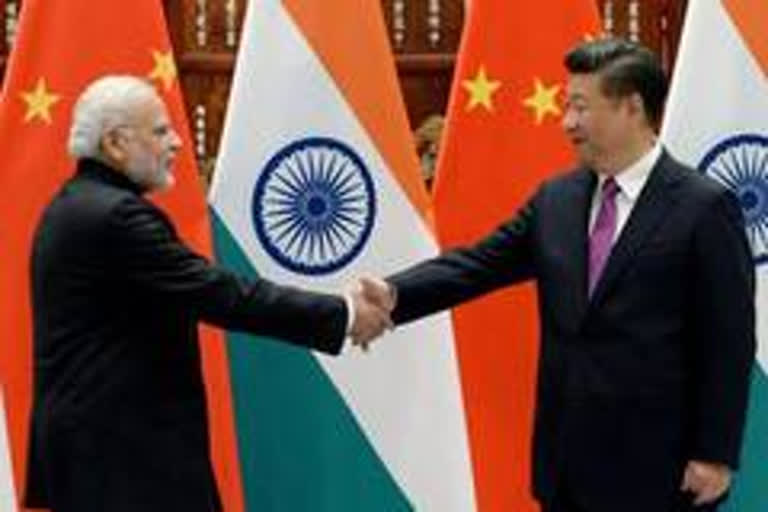Washington:The current Sino-India border crisis has revealed that China has little respect for India's long-standing efforts to freeze the status quo along its frontiers, a top US observer on South Asia has claimed.
By its brazen actions, Beijing has forced New Delhi to join the rest of Asia in figuring out how to deal with the newest turn in China's "salami-slicing tactics" Tata Chair for Strategic Affairs and a senior fellow at the Carnegie Endowment for International Peace Ashley Tellis said.
"The current Sino-Indian border crisis has revealed that China has little respect for India's long-standing efforts to freeze the status quo along the two countries' disputed frontiers or for New Delhi's cautious efforts to avoid the appearance of balancing against Beijing," he said.
Rather, treating India's internal actions regarding Jammu and Kashmir as a provocation, it has chosen to expand its control over new parts of the Himalayan borderlands through brazen actions that confront India with the difficult choice of either lumping its losses or escalating through force if the negotiations presently underway yield meagre returns, Tellis wrote in his latest research paper.
"By so doing, it has forced India to join the rest of Asia in figuring out how to deal with the newest turn in China's salami-slicing tactics, which now distinctively mark its trajectory as a rising power," he said.
Unlike the discrete and geographically localised confrontations of the past, the latest encounters are occurring at multiple locations along the Line of Actual Control (LAC) in Ladakh in the eastern section of Jammu and Kashmir, which suggests a high degree of Chinese premeditation and approval for its military's activities from the very top, Tellis claimed.
Read more:China accuses US of racial discrimination
"The unfortunate truth is that China, having exploited the initiative to seize pieces of India's claimed territory, can now hold on to its new acquisitions forever unless India chooses to eject Chinese troops by force or decides to impose tit-for-tat costs on China by symmetrically occupying other pockets in the disputed territory where it possesses a tactical advantage," he said.
